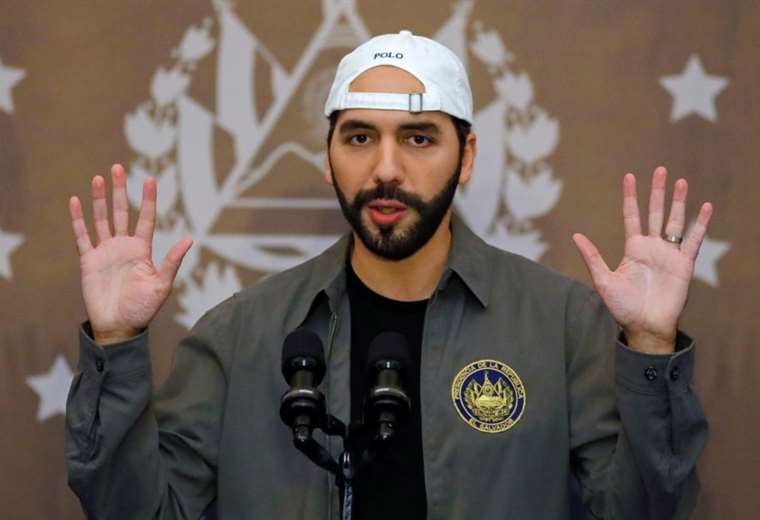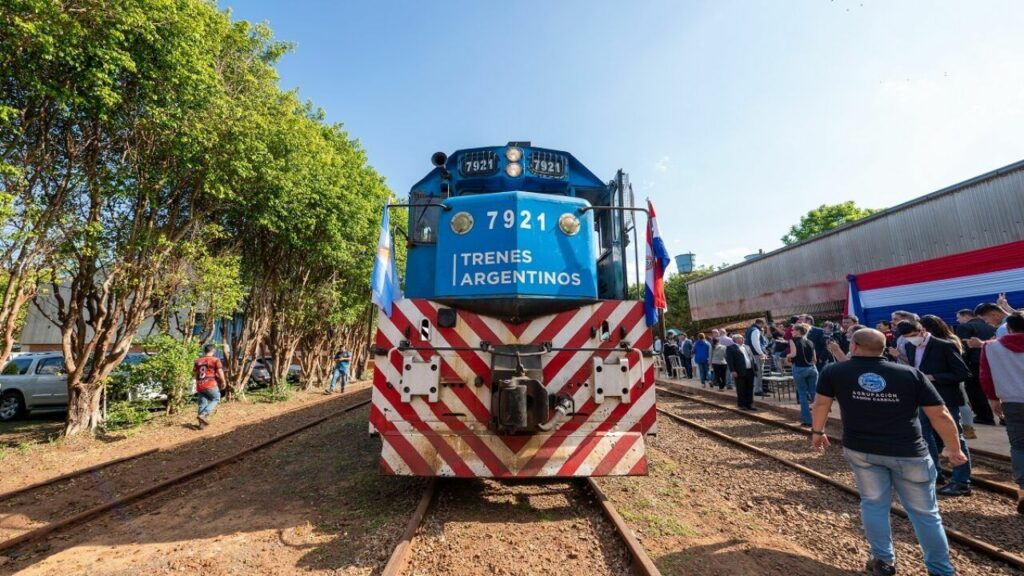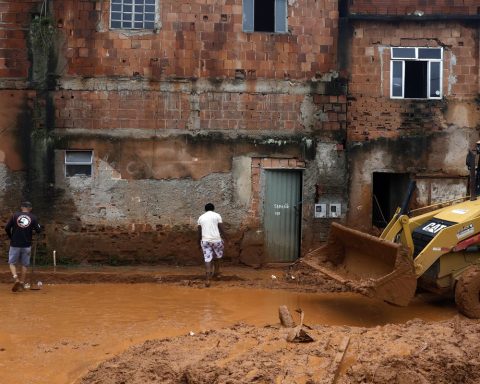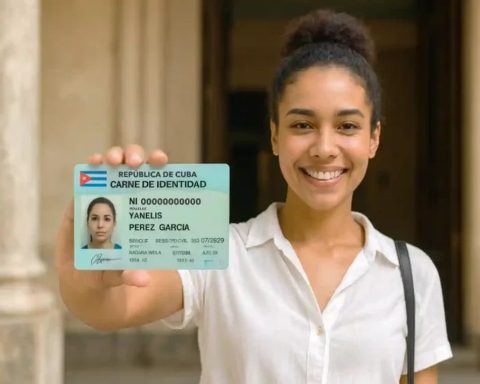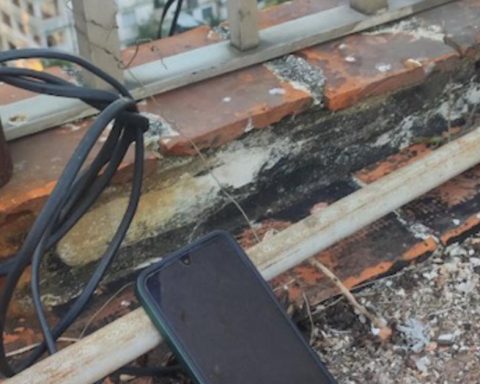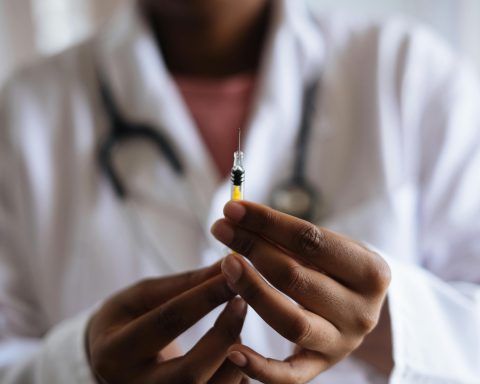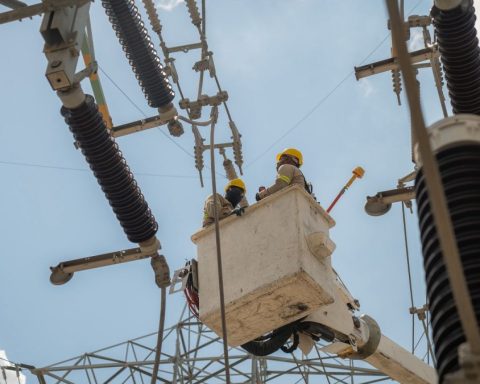September 7, 2022, 10:48 PM
September 7, 2022, 10:48 PM
The president of El Salvador, Nayib Bukele, assured this Wednesday that with his “war” against the gangs he broke the vicious circle that those gangs had to subsist, although he acknowledged that the causes that generate this scourge persist.
“We have broken the vicious circle of the gangs, but the reasons that generated this vicious circle persistand it is those (causes) that we are going to change,” said Bukele at the inauguration of the “My New School” plan, in the city of Nahuizalco, some 70 km west of San Salvador.
It is “a reform for the entire educational system” which includes, among other aspects, teacher training, use of technology and the remodeling of 5,150 schools at a rate of 1,000 per year, he explained.
Bukele lamented that the gang problem was not “attacked” in the 1990s when there were not even 3,000 gang members, which, according to him, would have prevented children and young people from falling into those gangs and “becoming the monsters that are converted later.
Bukele declared last March a war against the maras or gangs, that until Tuesday accumulated 52,115 detainees.
After commenting that on Tuesday a gang member was arrested who injured a person with a machete, Bukele maintained that “we cannot treat him as a good person, we have to treat him as the monster he is.”
He warned that in this case the detention does not mean that “we do not understand that he he became that monster because he was abandoned by the government, the State and the family abandoned him in the (years) nineties when he was not yet a monster (…)”.
The authorities of El Salvador carry out mass arrests of suspected gang members since March 27, when an exceptional regime was approved that allows arrests without a court order, declared in response to an escalation of violence that claimed the lives of 87 people from March 25 to 27.
Questioned by humanitarian organizationsthe exceptional regime that was extended until September allowed a drastic decrease in homicides and extortions, according to the government.
With the exception regime prisoners accused of belonging to gangs have gone from 16,000 to 68,115. The total number of gang members between prisoners and free officially is estimated at 76,000 members.
